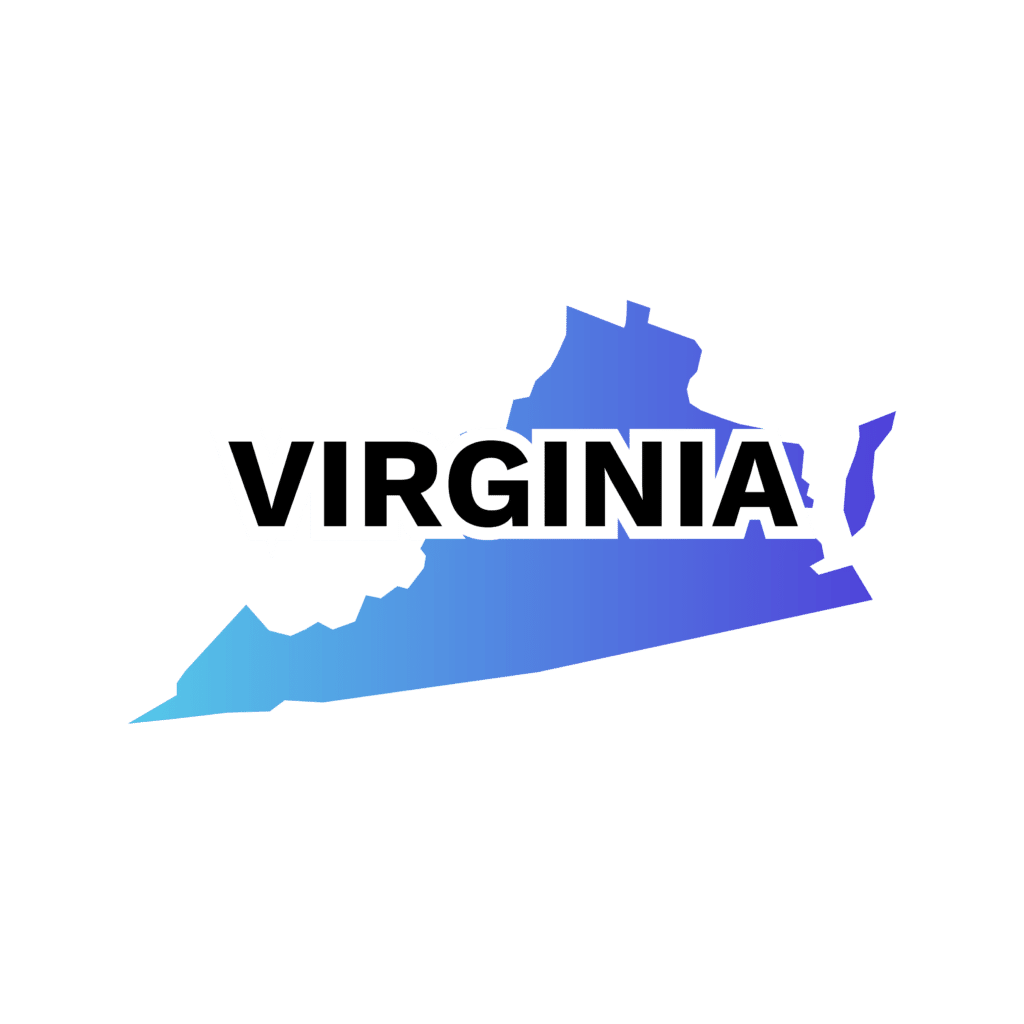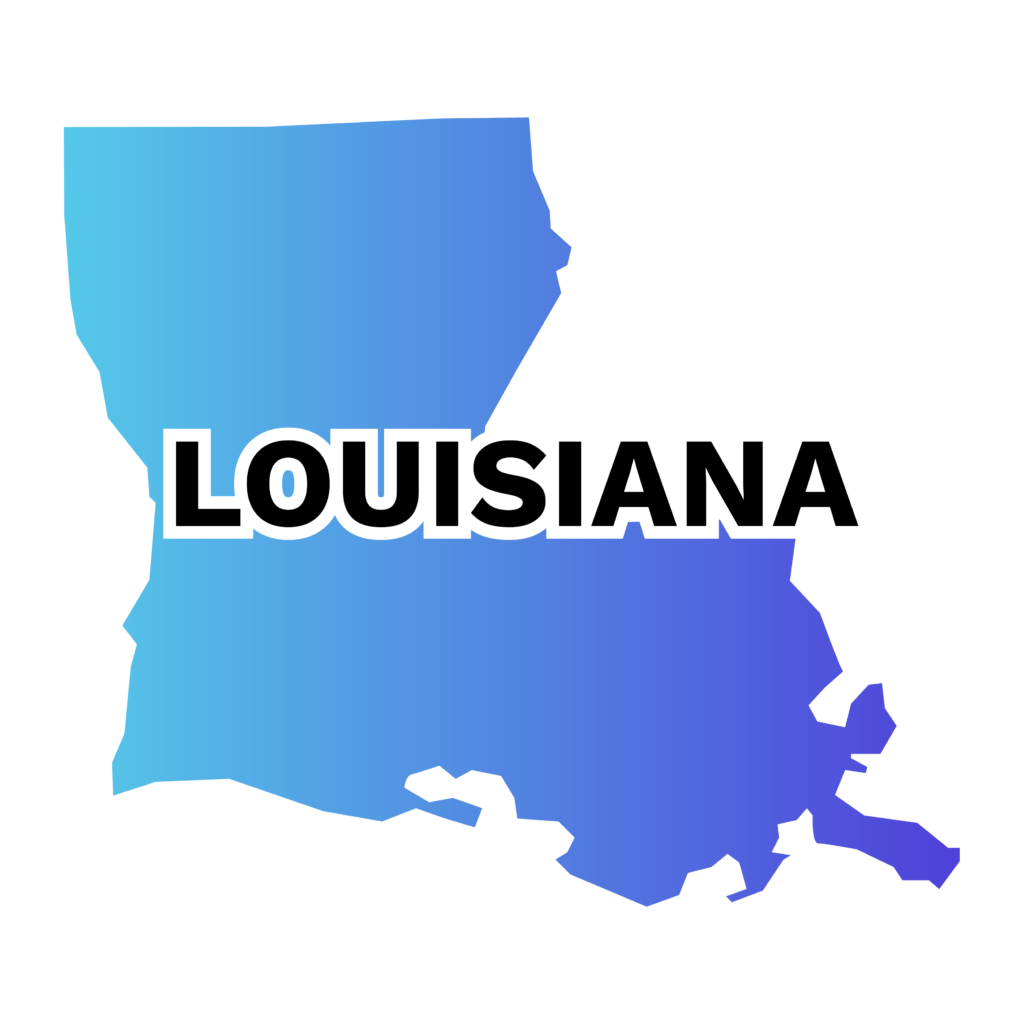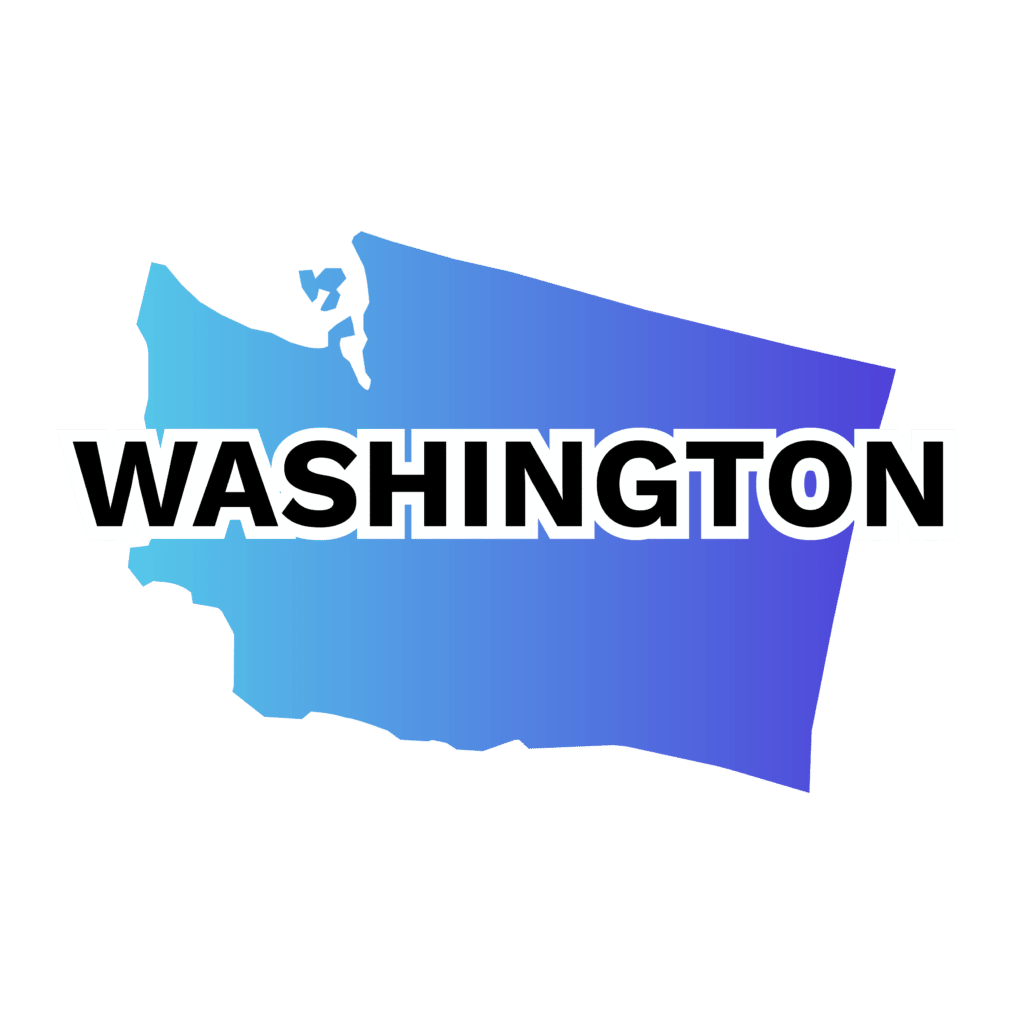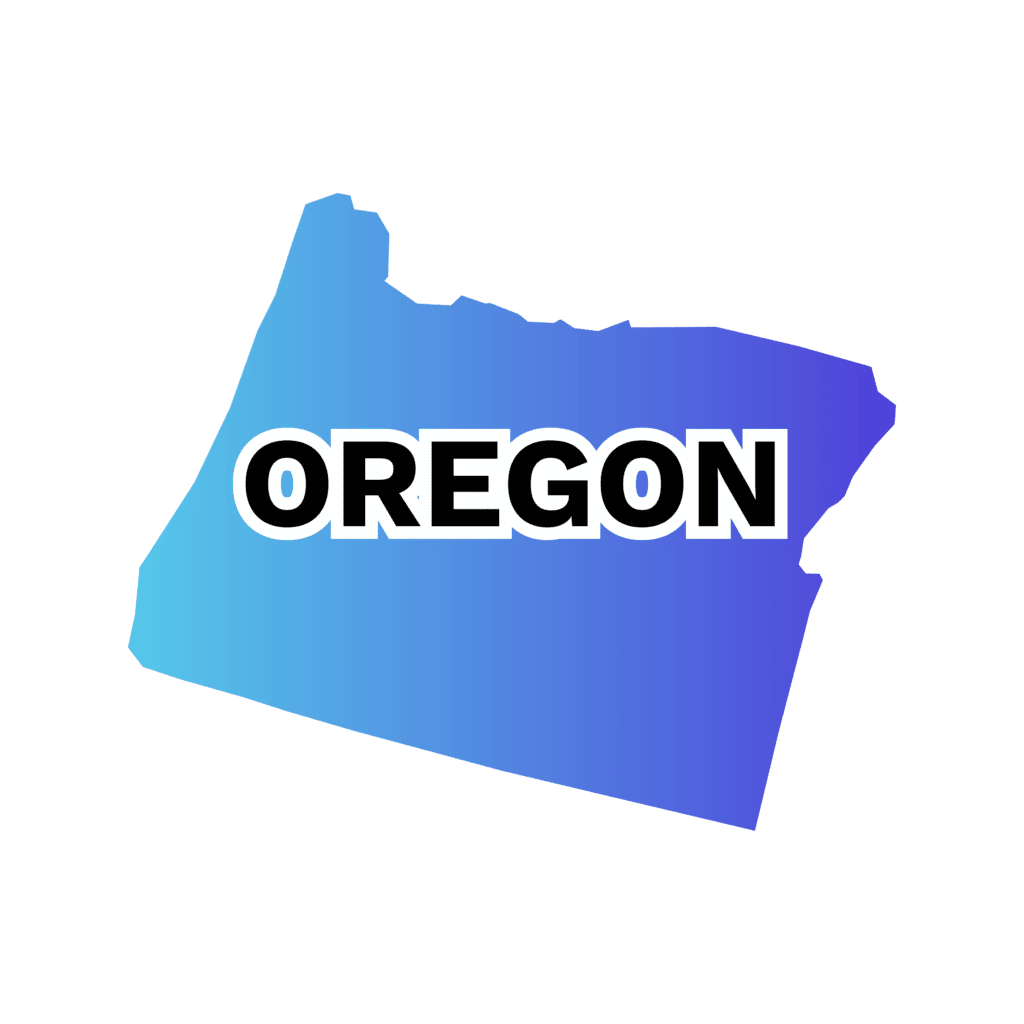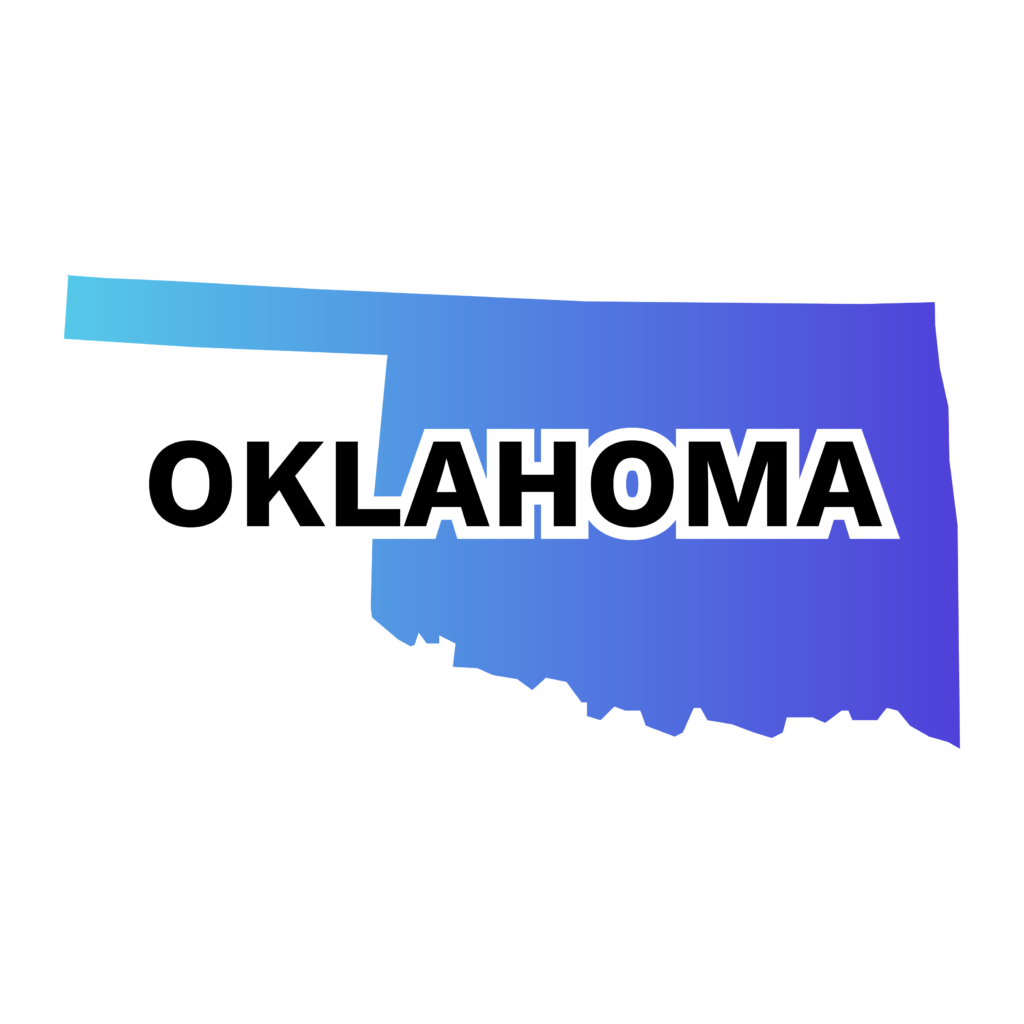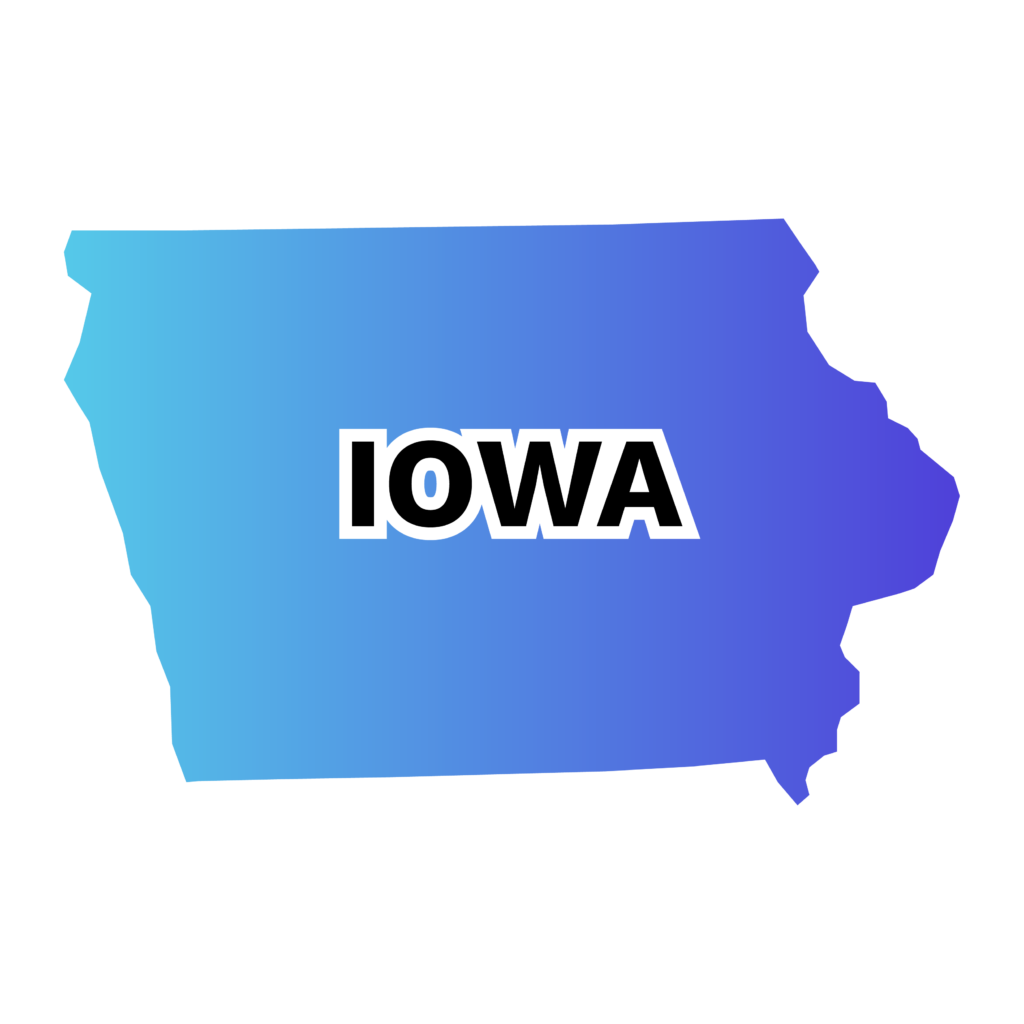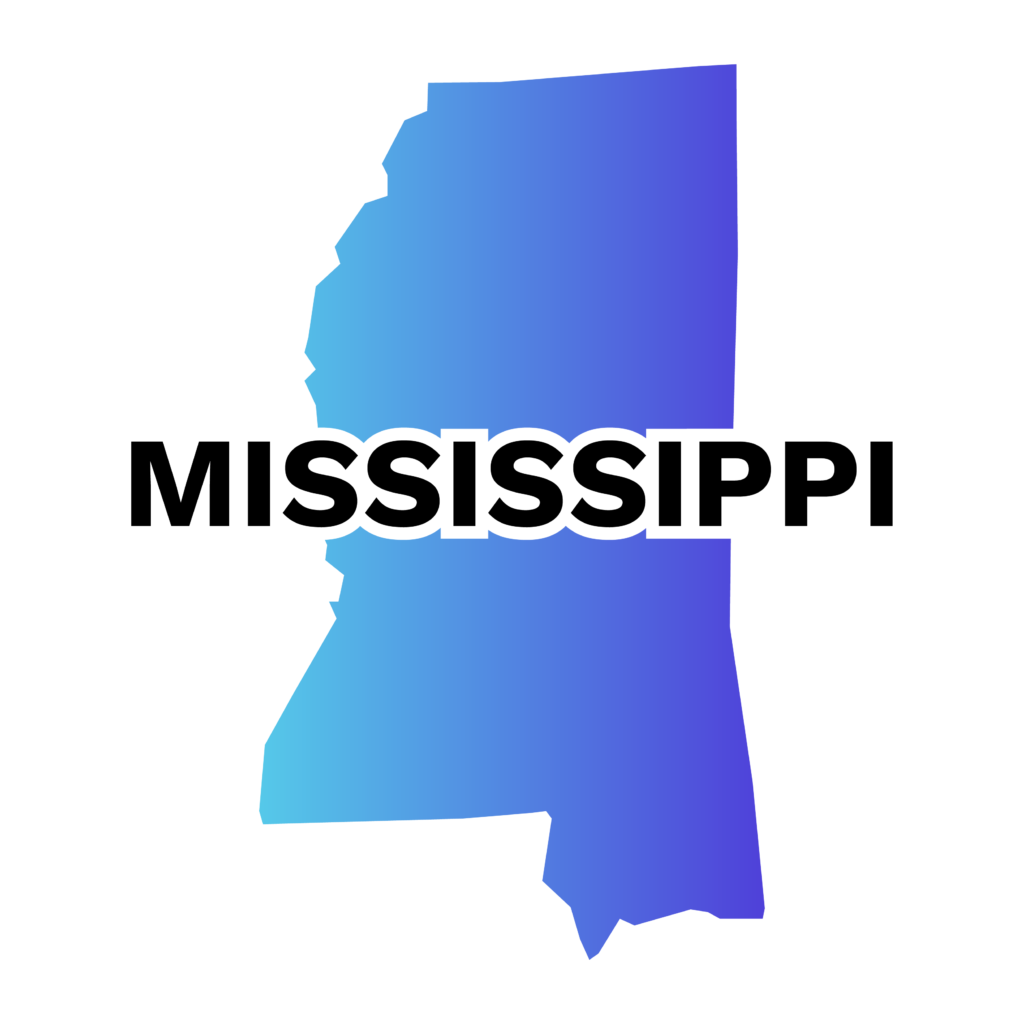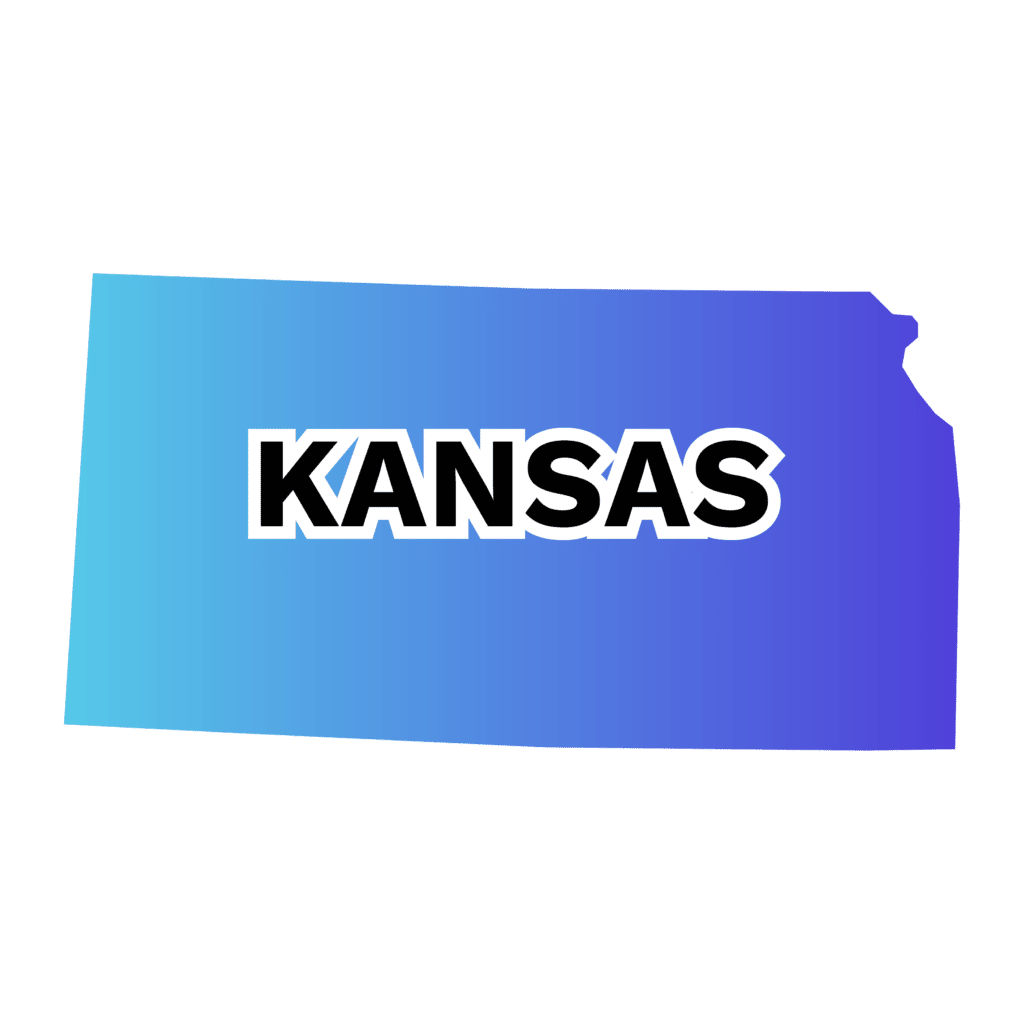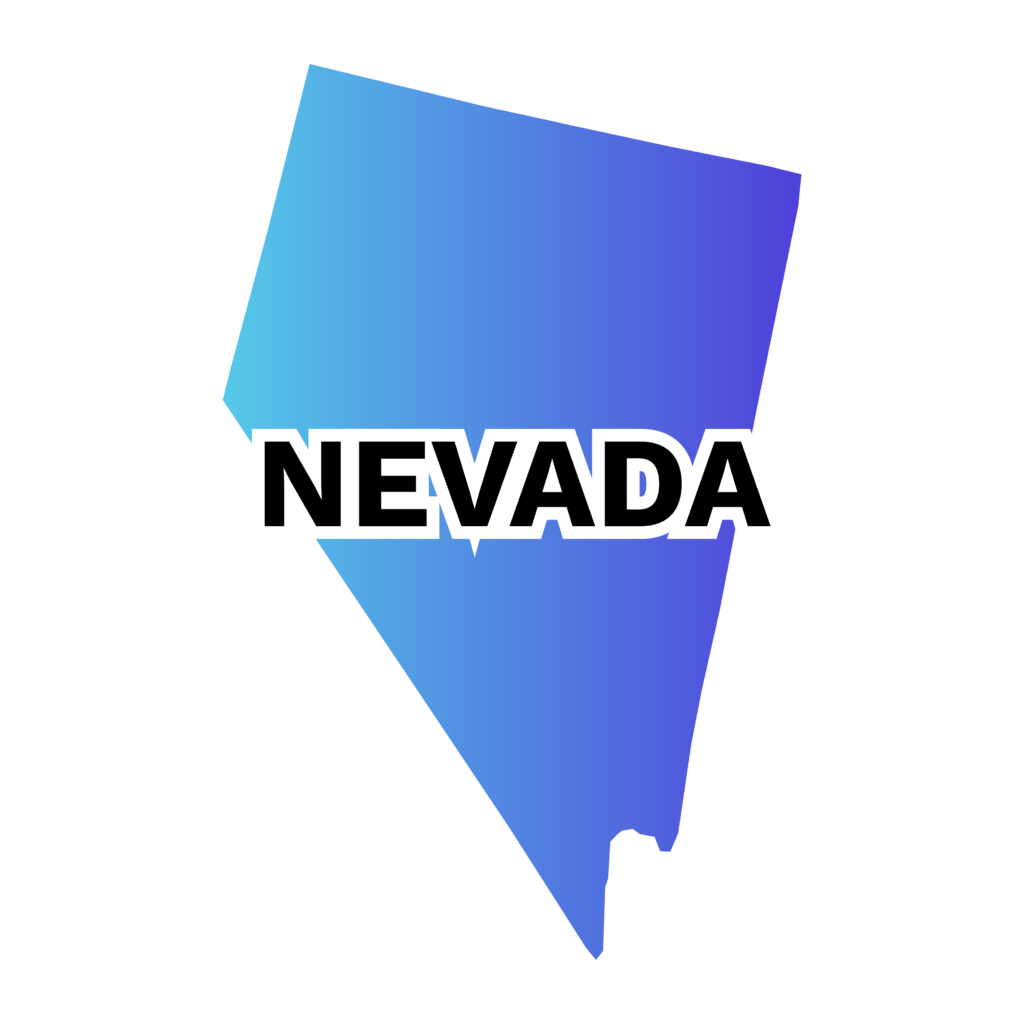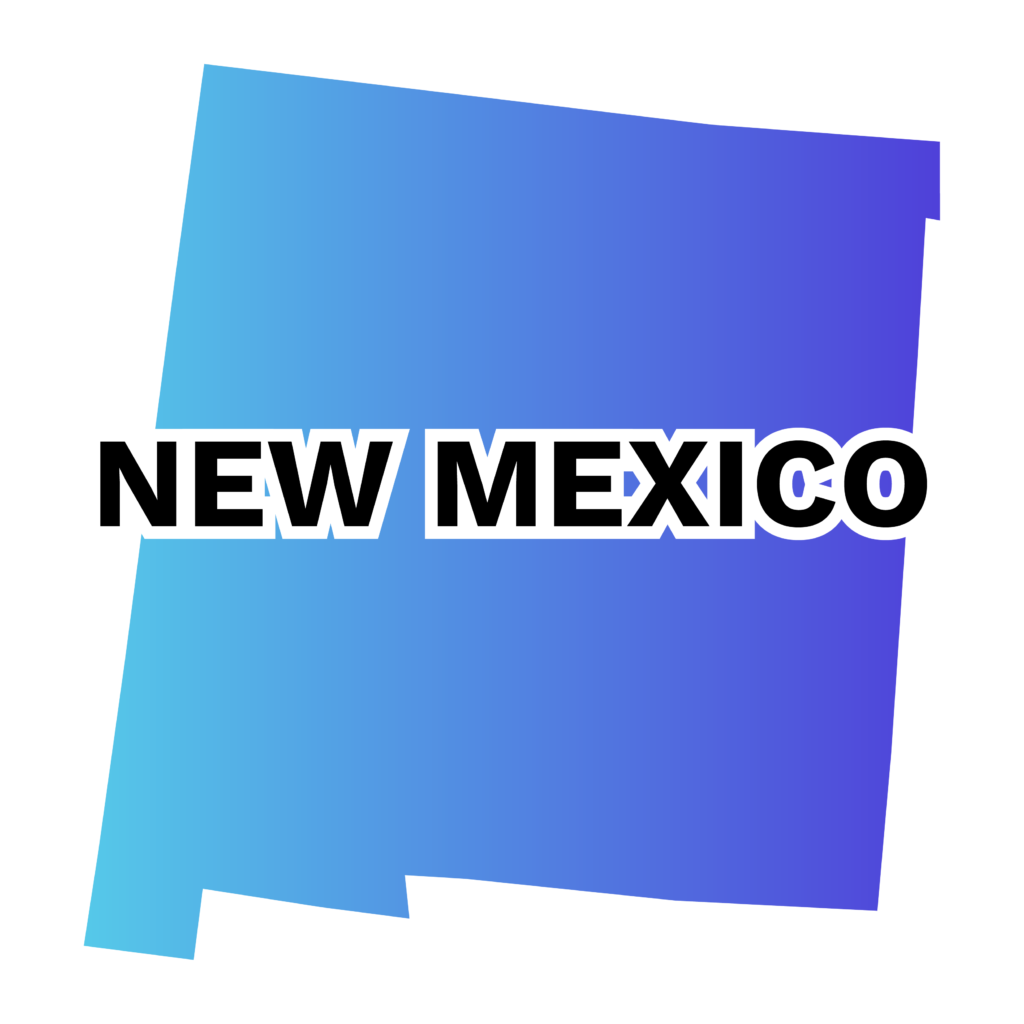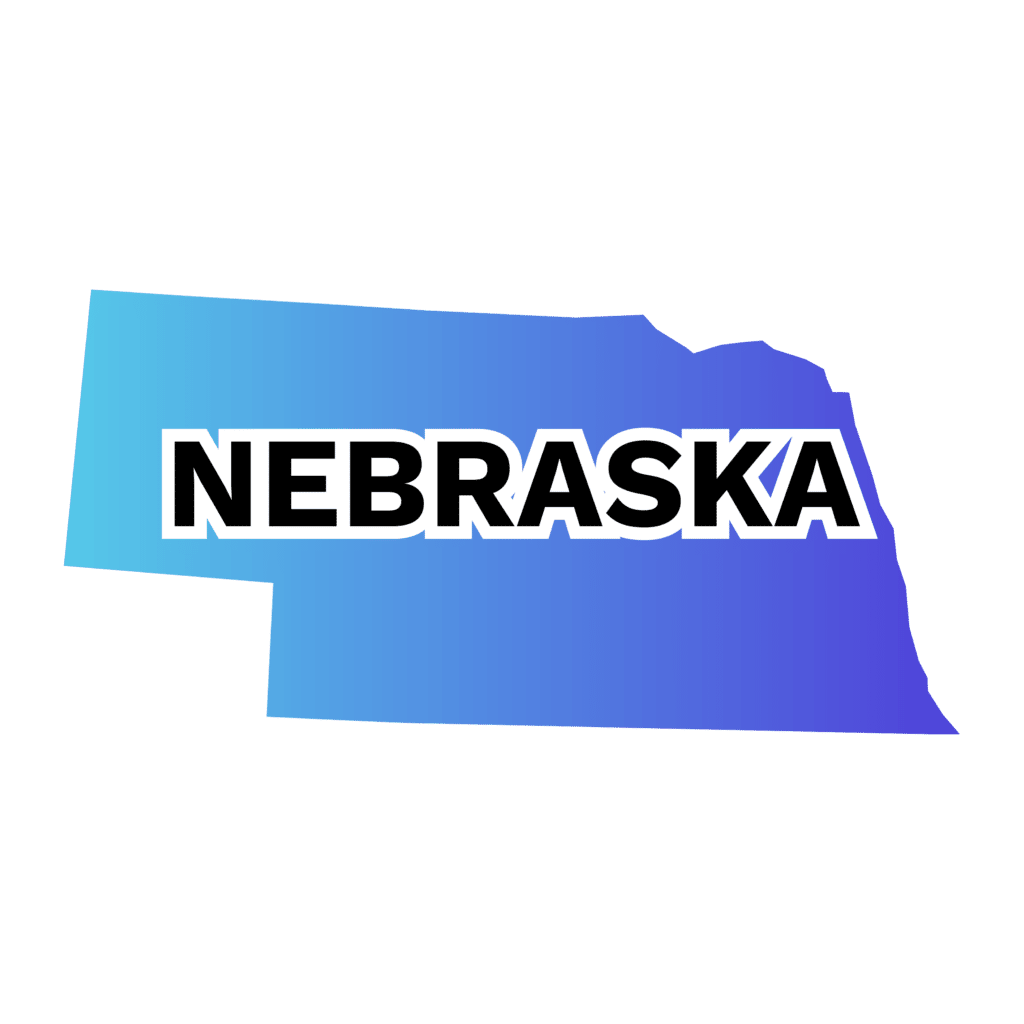Are you considering a career as a Certified Public Accountant (CPA) in North Carolina? If so, you’re embarking on a journey that is both challenging and rewarding.
But wait, did you know that according to the American Institute of CPAs, the national pass rate for the CPA exam in 2021 was just around 50%? This statistic, sourced from the AICPA, highlights the rigorous nature of the CPA exam and the importance of being well-prepared.
Now, you might be wondering, why choose North Carolina for your CPA journey?
Well, North Carolina offers unique opportunities and requirements for CPA candidates. Unlike many other states, North Carolina allows candidates to take the CPA exam before completing their bachelor’s degree, provided certain conditions are met. This flexibility can be a game-changer for aspiring CPAs eager to jumpstart their careers.
Let’s look at the individual requirements of the Tar Heel State.
Steps to Get a CPA License in North Carolina
- Meet Education Requirements: Fulfill the 150 credit hour requirement, including specific accounting course prerequisites.
- Pass the CPA Exam: Successfully complete all four sections of the CPA Exam. Consider enrolling in a CPA review course for comprehensive preparation.
- Complete the North Carolina Ethics Requirement: Unlike other states that require the AICPA Ethics Exam, North Carolina just requires an eight-hour course on the state’s Accountancy Statutes and Rules, including Professional Ethics and Conduct.
- Submit CPA License Application: Ensure all paperwork is accurately filled out and submitted.
- Pay the CPA License Application Fee: Cover the necessary fees associated with the licensure process.
CPA License Requirements in North Carolina
Achieving CPA licensure in North Carolina involves meeting specific criteria across various categories. Below is a detailed breakdown of these requirements, ensuring you have a clear roadmap for your CPA journey in the Tar Heel State.
General Requirements
- Minimum Age: Candidates must be at least 18 years old.
- Citizenship: U.S. citizenship is not required, but candidates must have a Social Security number or an Individual Taxpayer Identification Number.
- Residency: There is no specific state residency requirement for taking the CPA exam in North Carolina.
Education Requirements
The educational prerequisites for CPA licensure in North Carolina are quite specific:
- Bachelor’s Degree: A minimum of a bachelor’s degree is required.
- Credit Hours: Candidates must complete 150 semester hours of college education.
- Accounting Coursework: At least 30 semester hours must be in accounting. This should include courses in financial accounting, auditing, taxation, and management accounting.
- Business Coursework: Additionally, candidates need 24 semester hours in business courses other than accounting. This can include subjects like business law, finance, information systems, and business management.
- Ethics Course: North Carolina requires candidates to complete an eight-hour course on North Carolina Accountancy Statutes and Rules, including Professional Ethics and Conduct, within one year prior to applying for certification.
Work Experience
Work experience is a crucial component of the CPA licensure process in North Carolina:
- Timing: Experience must be completed prior to applying for licensure.
- Options for Fulfilling Experience Requirements:
- One year of experience in public practice or the field of accountancy under the direct supervision of a licensed CPA.
- Four years of experience in the field of accounting.
- Four years of experience teaching accounting in an accredited college or university.
- Four years of experience being self-employed in accounting.
- Any combination of experience deemed equivalent by the Board.
- Duration and Nature of Work: One year of work experience is defined as 52 weeks of full-time employment, with full-time being at least 30 hours per week.
- Part-Time Work: For part-time work, experience affidavits must detail the actual hours spent performing accounting services each week.
- Documentation: Candidates must submit experience affidavits from all relevant employers, signed by the supervising CPA.
Ethics Exam
In North Carolina, the approach to ethics education for CPA licensure is distinct and essential for all candidates. Understanding and adhering to these requirements is a critical step in the licensure process.
Unlike some states, North Carolina does not mandate candidates to complete an ethics exam before sitting for the Uniform CPA Exam. This allows candidates to focus on meeting other prerequisites such as education and work experience without the added pressure of an ethics exam at this stage. However, the ethics requirement becomes pivotal after passing the CPA exam and before applying for CPA licensure. Here’s what candidates need to know:
Ethics Course Completion: Candidates must complete an eight-hour course on the North Carolina Accountancy Statutes and Rules, which includes a comprehensive overview of the Rules of Professional Ethics and Conduct. This course is designed to ensure that all aspiring CPAs are well-versed in the ethical standards and legal responsibilities pertinent to the accounting profession in North Carolina.
Timing of the Course: It is mandatory for candidates to complete this course within one year prior to applying for CPA certification. The North Carolina State Board of CPA Examiners recommends that applicants undertake this course in the last few months before applying for their certificate. This timing ensures that the ethical guidelines and rules are fresh in the minds of candidates as they step into their professional roles.
Course Options: To meet this requirement, the North Carolina Association of CPAs offers two qualifying courses:
- Ethics Principles and Professional Responsibilities: This is a one-day, group-study seminar designed to provide an interactive and comprehensive exploration of ethical principles and professional responsibilities in the field.
- North Carolina Law Course: Ethics, Principles, and Professional Responsibility for North Carolina License Applicants: This is an online self-study course, offering flexibility and convenience for candidates to complete the requirement at their own pace.
North Carolina CPA Exam Fees
For candidates pursuing CPA licensure in North Carolina, it’s important to understand the fee structure for the Uniform CPA Exam. Here’s an updated breakdown of the fees associated with the exam process:
Initial Exam Application Fees
- Administrative Fee for Initial Exam Application: The fee for the initial application to take the CPA exam in North Carolina is $230.00. This is a one-time administrative fee for first-time applicants.
- Exam Section Fee: For each section of the CPA exam candidates are required to pay $254.80 per section. This fee applies to each of the sections of the exam that the candidate plans to take.
Re-Exam Application Fees
- Administrative Fee for Re-Exam Application: If a candidate needs to retake any section of the CPA exam, there is a re-exam application fee of $75.00. This fee is applicable each time a candidate applies to retake a section of the exam.
It’s essential for CPA candidates to budget for these fees as part of their exam preparation and licensure process. These fees cover the costs associated with administering and processing the CPA exam in North Carolina, and are a necessary part of the journey towards becoming a CPA.
| Per Exam Section | $254.80 |
| Application Fee | $230 |
| Re-exam Fee | $75 |
CPA Exam Changes in 2024
The CPA profession is undergoing a significant transformation with the CPA Evolution initiative, set to take effect in 2024. This initiative is a joint effort by the American Institute of CPAs (AICPA) and the National Association of State Boards of Accountancy (NASBA) to ensure that the CPA licensure model remains relevant in the rapidly evolving business environment.
General Changes in the CPA Exam
- New Exam Structure: The CPA Exam will be redesigned to include a core section focusing on essential skills and knowledge for all CPAs, such as accounting, auditing, tax, and technology.
- Specialization Areas: Candidates will have the option to choose one of several disciplines for in-depth study, reflecting the increasingly specialized nature of the accounting profession.
- Updated Content: The exam content will be updated to include more emphasis on technology and analytical skills, preparing new CPAs for the digital age.
Specific Changes for North Carolina
- Adaptation to New Model: North Carolina, like all states, will adapt its CPA licensure process to align with the new CPA Evolution model. This may involve updates to education and experience requirements to ensure they are consistent with the new exam structure.
- State Board Updates: The North Carolina State Board of CPA Examiners will provide specific guidance and resources to help candidates and educators transition to the new model.
Expert Tips to Become a CPA
For aspiring CPAs in North Carolina, it’s essential to familiarize yourself with the state’s unique CPA licensure requirements, including the 150-semester hour education rule and specific work experience criteria. Early and strategic preparation for the CPA exam, tailored to your learning style, is crucial, as is choosing a review course that aligns with these requirements. Utilize practice exams to gauge your readiness and focus on time management to balance study with other commitments. Networking within local CPA circles and leveraging resources from organizations like the North Carolina Association of CPAs can provide invaluable support and guidance on your path to becoming a CPA in the Tar Heel State.
Bryce Welker, CPA
Community Help Becoming a CPA
A Reddit thread dedicated to CPA candidates and licensed CPAs offers a platform for sharing experiences, challenges, and advice. In this Reddit thread, candidates and CPAs discuss everything from study tips and exam strategies to the real-world impact of earning the CPA credential, providing a candid look at the CPA licensure process from those who have lived it.
Local CPA Organizations in North Carolina
North Carolina Association of Certified Public Accountants (NCACPA): The NCACPA is a significant resource for CPA candidates in North Carolina. They offer a range of services including continuing professional education, networking opportunities, and advocacy on behalf of the profession.
North Carolina CPA Exam Information and Resources
NC State Board of CPA Examiners
1101 Oberlin Road
Suite 104
Raleigh, NC 27605-1169
(919) 733-4222 (phone)
(919) 733-4209 (fax)
Mailing Address
PO Box 12827
Raleigh, NC 27605-2827
FAQs
Candidates must have a bachelor’s degree or higher and complete 150 semester hours of college education, including 30 semester hours in accounting and 24 semester hours in business-related courses.
Yes, candidates must have one year (52 weeks) of full-time work experience under the supervision of a licensed CPA. This can include public practice, industry, government, or academia.
U.S. citizenship is not required, but candidates must have a Social Security number or an Individual Taxpayer Identification Number.
The minimum age requirement is 18 years.
Candidates must submit an application through the North Carolina State Board of CPA Examiners’ website, along with the required documentation and fees.
The initial application fee is $230.00, and the fee for each exam section is $254.80.
Instead of an ethics exam, candidates must complete an eight-hour course on North Carolina Accountancy Statutes and Rules, including Professional Ethics and Conduct, within one year prior to applying for certification.
Candidates can take the CPA exam before completing their education requirements, provided they are within 120 days of meeting the 150-semester hour requirement.
Work experience must be verified through affidavits or certificates of experience, signed by the supervising CPA and submitted to the North Carolina State Board of CPA Examiners.
If you need to retake a section, you must pay a re-exam application fee of $75.00 and the exam section fee of $254.80 for each section you are retaking.
Bryce Welker is a regular contributor to Forbes, Inc.com, YEC and Business Insider. After graduating from San Diego State University he went on to earn his Certified Public Accountant license and created CrushTheCPAexam.com to share his knowledge and experience to help other accountants become CPAs too. Bryce was named one of Accounting Today’s “Accountants To Watch” among other accolades. As Seen On Forbes
